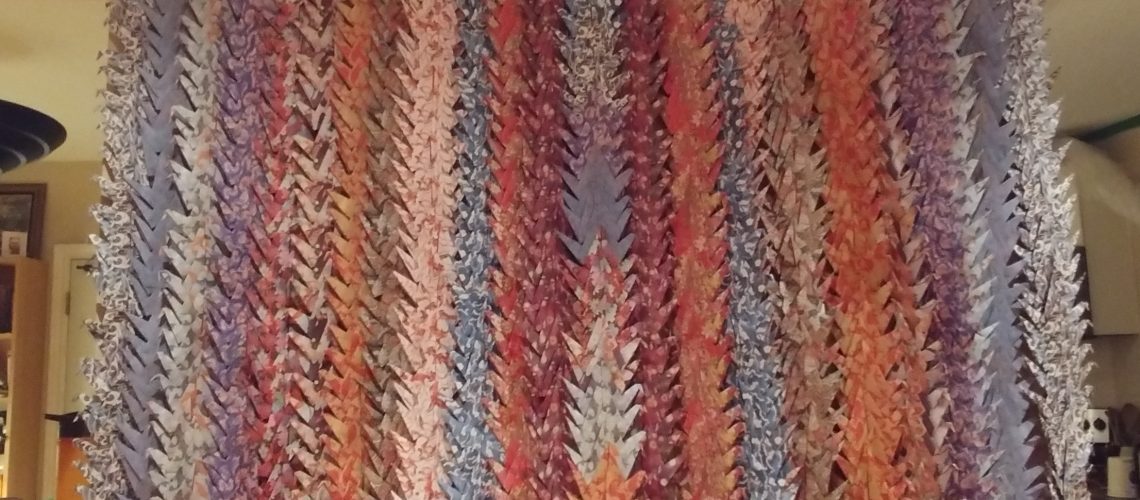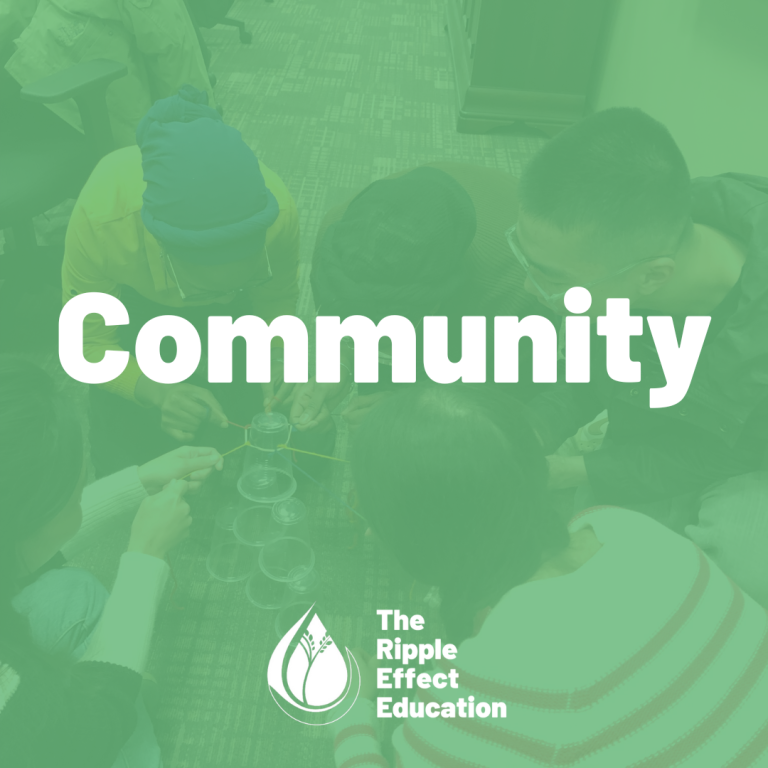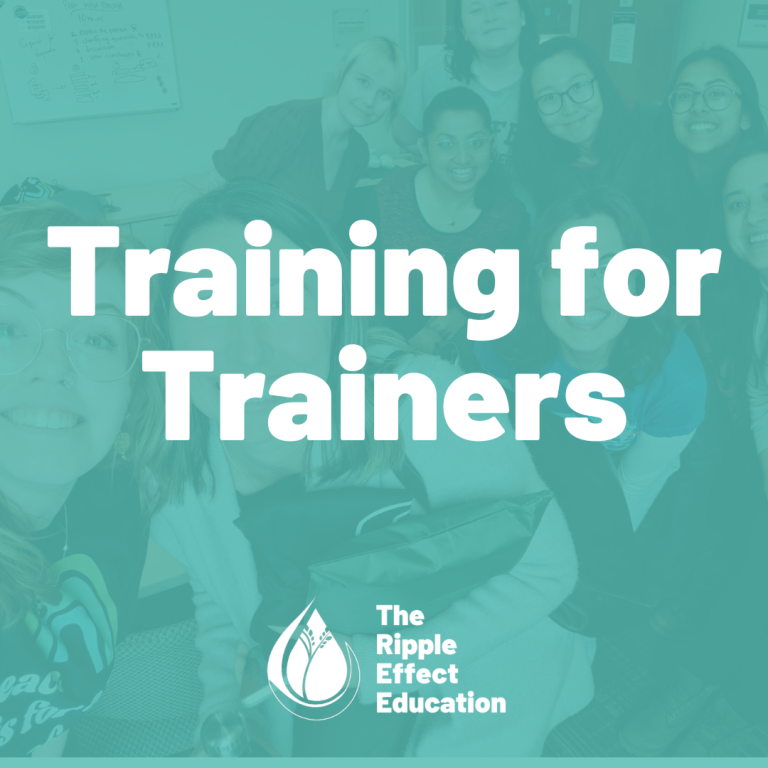Navigating overwhelming emotions and finding peace during times of misery and pain can be extremely difficult, particularly when we find ourselves facing challenges we aren’t equipped to cope with or are unable to do anything to alleviate the problem. When we are faced with circumstances out of our control it can feel as though our emotions are unmanagable, and finding ways to calm ourselves can seem out of reach. Cultivating a meditative practice to focus my attention fully is one strategy I have found to be of immense help when I find myself overcome by intense emotions and need to find peace of mind.
A few years ago my niece, not yet a year old, had to be flown by emergency helicopter to Sick Kids Hospital in Toronto as her heart had given out and she needed to be put on a machine to keep her alive while she waited for a heart transplant. It was a time of breathless waiting, sleepless nights, it felt as though my emotions had been overtaken and I couldn’t find a way to calm my mind. I decided to make a senbazuru, 1000 origami cranes, as it is fabled to grant the owner their “heart’s desire”. I had hoped it might bring us all luck, and through that process I found mindfulness through folding.
The first thing I learned while folding origami cranes was: feelings change, they don’t last forever. Origami forced my attention to be focused on the fold at hand rather than my worries or anxieties. I found even when it felt as though the emotional stress was there to stay, once I started folding, it took about 15 minutes and I would find my breathing had slowed, my mind could concentrate, and I was able to face the situation with peace rather than worry. As “origami provides benefits of physical stimulation to the brain, supportive relationships, creativity, safety, and practicality” (Edwards & Hegerty, 2018), I was able to utilize the practice to regulate my emotions and find calm when I found myself overwhelmed.
Origami challenged me to stay in the moment and to focus my mind on the fold, allowing me the opportunity to engage in mindfulness, and find peace. “Mindfulness practice generally requires sitting still, concentrating on an object such as a mantra or an image, focusing on the breath, or maintaining awareness of inner and external sensations, while paying less attention to thoughts” (Edwards & Hegerty, 2018), and folding the cranes gave me the space to reset my emotions and find solitude. Creating the senbazuru was a mindfulness meditation practice, and as “focused attention meditation has been shown to stabilize the mind and promote calmness” (Wei, 2016), I was able to use the origami to provide a locus of control and direct my attention away from the distress I was experiencing. “Mindful practices by enhancing sensory awareness, relaxation, and focus on the present moment, while minimizing aversive reactions such as discomfort, boredom, or restlessness” (Edwards & Hegerty, 2018), and worked to lessen my grief. Origami may not be something in your wheelhouse, but any type of activity involving patience and focused attention will allow your emotions the time to return to a place of calm, and is a form of meditation and mindfulness. Finding a way to shift my perspective through the practice of origami gave me a tool to regulate my feelings. When “the nervous system is calmed, and the body gradually becomes quiet” (Edwards & Hegerty, 2018), we are able to calm our bodies and subsequently our minds.
Learn how to make your own senbazuru here!
Have you tried senbazuru? Tell us about it in the comments!
Photo by Nancy Williams.
References
Bolden Butler, D [Deidre]. (n.d.) Origami Crane: Easy Folding Instructions.
Edwards, C., & Hegerty, S. (2018). Where It’s Cool to be Kitty: An Art Therapy Group for Young People with Mental Health Issues Using Origami and Mindfulness. Social Work with Groups, 41(1–2), 151–164. https://doi.org/10.1080/01609513.2016.1258625
Wei, M. (2016), “5 Ways Origami Boosts Mindfulness”, Psychology Today, September 2, 2016, https://www.psychologytoday.com/ca/blog/urban-survival/201609/5-ways-origami-boosts-mindfulness

Nancy Williams is in the 4th year of her Peace and Conflicts degree, as a mature student at University of Waterloo. She is passionate about working with youth, something she discovered while working at oneROOF Youth Services in Kitchener/Waterloo as a Youth Support Worker. As a Peace and Conflict Studies student, and someone who believes peace education and peaceful conflict resolution are integral to creating inclusive, harmonious communities and relationships, Nancy is thrilled to be working for TREE and to have the opportunity to combine her dedication to peace studies and enthusiasm for working with young people.








